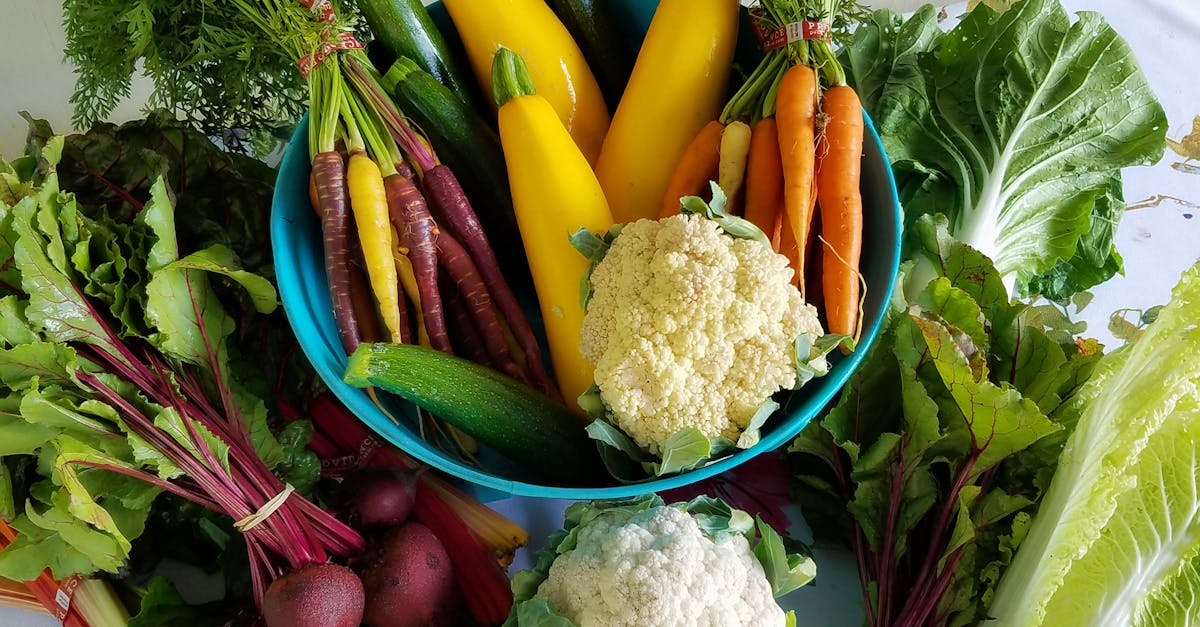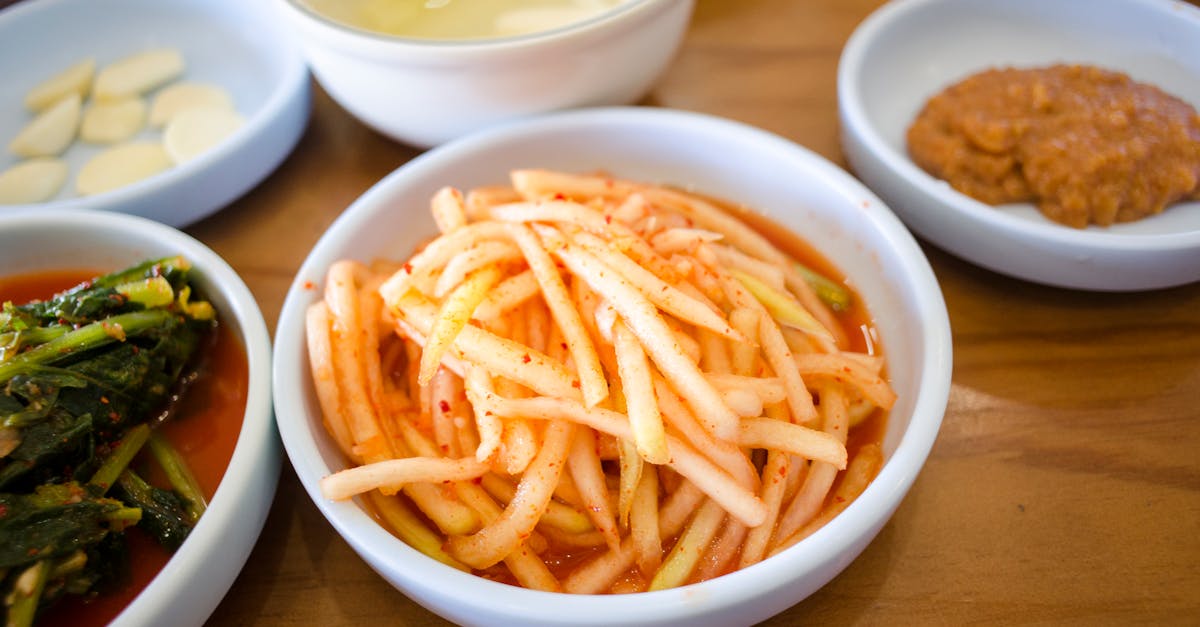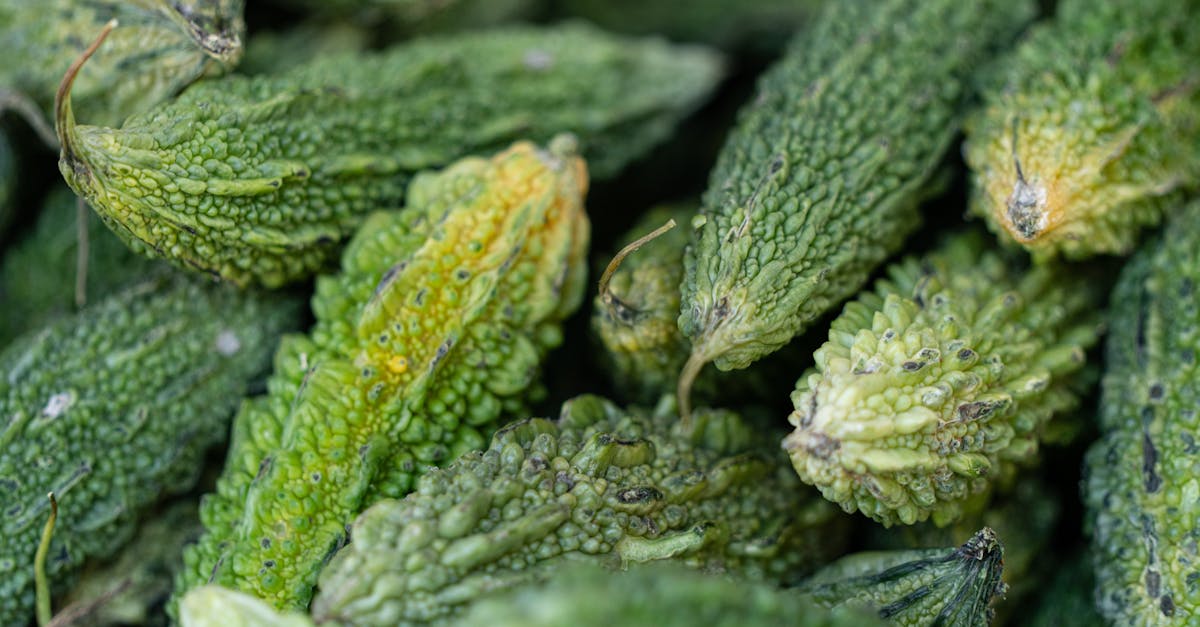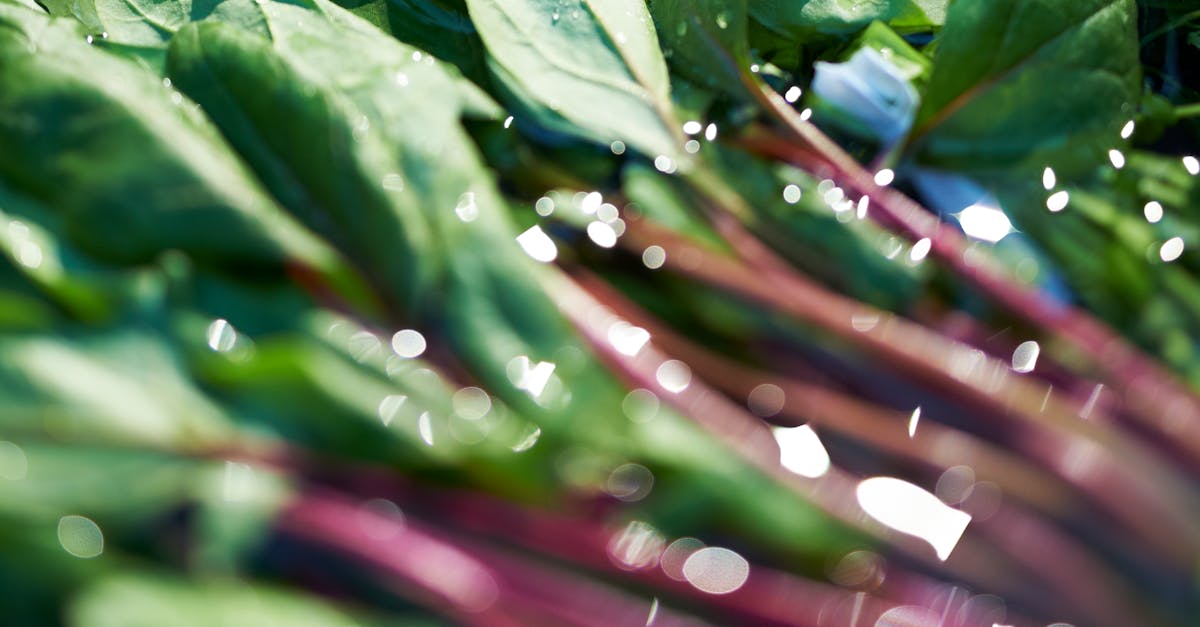A-List Veggies: 7 Asian Vegetables You Should Be Eating for Their Surprising Benefits
In recent years, the culinary world has seen a surge in the popularity of Asian vegetables, celebrated not only for their unique flavors but also for their impressive health benefits. These vegetables, often staples in Asian cuisine, have found their way into global kitchens, offering a fresh perspective on nutrition and wellness. As people become more health-conscious, they are turning to these nutrient-dense options to enhance their diets. This article explores seven standout Asian vegetables that should be on your radar, each boasting surprising health benefits that make them worthy of a spot in your meals. From boosting immunity to improving digestion, these A-list veggies are more than just ingredients—they're powerhouses of nutrition.
Bok Choy: The Bone Strengthener

Bok choy, also known as Chinese cabbage, is a leafy green that packs a powerful punch when it comes to bone health. Rich in calcium, vitamin K, and magnesium, bok choy is an excellent choice for those looking to strengthen their bones and prevent osteoporosis. Its high vitamin C content also aids in the production of collagen, essential for maintaining strong bones and cartilage. The mild, slightly sweet flavor of bok choy makes it a versatile addition to a variety of dishes, from stir-fries to soups. Incorporating this vegetable into your diet not only enhances flavor but also contributes to a robust skeletal system.
Daikon Radish: The Digestive Dynamo

Daikon radish, a staple in Japanese cuisine, is renowned for its digestive benefits. This root vegetable is high in fiber, promoting healthy bowel movements and preventing constipation. Additionally, daikon contains enzymes like amylase and lipase, which aid in the breakdown of carbohydrates and fats, enhancing nutrient absorption. The mild, peppery flavor of daikon makes it a versatile ingredient in salads, stews, and pickles. By including daikon radish in your diet, you can support your digestive system while enjoying its refreshing crunch and subtle spice.
Bitter Melon: The Blood Sugar Balancer

Bitter melon, also known as bitter gourd, is celebrated for its ability to help regulate blood sugar levels. This vegetable contains compounds like charantin and polypeptide-p, which mimic insulin and improve glucose uptake. Studies have shown that bitter melon can significantly lower blood sugar levels, making it a valuable addition for individuals managing diabetes. Despite its bitter taste, bitter melon can be delicious when prepared correctly, often used in curries, stir-fries, and teas. Adding bitter melon to your diet can be a strategic move for maintaining balanced blood sugar levels and overall metabolic health.
Nappa Cabbage: The Immunity Booster

Nappa cabbage, commonly used in Korean kimchi, is a powerhouse of vitamins and antioxidants that bolster the immune system. Rich in vitamin C, beta-carotene, and folate, nappa cabbage helps combat oxidative stress and supports the production of white blood cells. These nutrients are crucial for a robust immune response, reducing the risk of infections and illnesses. Nappa cabbage's mild, sweet flavor and crunchy texture make it a delightful addition to salads, wraps, and fermented dishes. By incorporating nappa cabbage into your meals, you can enhance your body's natural defenses while enjoying its crisp, refreshing taste.
Water Spinach: The Heart Helper

Water spinach, also known as kangkong or morning glory, is a leafy green that supports cardiovascular health. Packed with potassium, magnesium, and dietary fiber, water spinach helps regulate blood pressure and reduce cholesterol levels. Its high antioxidant content, including lutein and beta-carotene, further protects the heart by preventing oxidative damage to blood vessels. Water spinach's tender leaves and stems are often used in Southeast Asian dishes, providing a nutritious and flavorful component to stir-fries and soups. Including water spinach in your diet can promote a healthy heart and reduce the risk of cardiovascular diseases.
Taro: The Energy Enhancer

Taro, a starchy root vegetable, is an excellent source of complex carbohydrates, providing a sustained energy boost. Rich in dietary fiber, taro aids in maintaining stable blood sugar levels and prolongs satiety, making it a great option for those looking to manage their weight. Additionally, taro is high in potassium, which supports muscle function and reduces fatigue. Its nutty flavor and creamy texture make taro a versatile ingredient in both savory and sweet dishes, from curries to desserts. By adding taro to your meals, you can enjoy a steady supply of energy while indulging in its unique taste.
Chinese Long Beans: The Protein Provider

Chinese long beans, also known as yardlong beans, are a valuable plant-based protein source, particularly beneficial for vegetarians and vegans. These beans are rich in essential amino acids, iron, and folate, supporting muscle growth and repair. Their high fiber content also aids in digestion and promotes a feeling of fullness. With a slightly sweet and earthy flavor, Chinese long beans are a versatile addition to stir-fries, curries, and salads. By incorporating these beans into your diet, you can boost your protein intake while enjoying their crunchy texture and nutritional benefits.
Embracing the Diversity of Asian Vegetables

The diverse array of Asian vegetables offers a wealth of health benefits that can enhance any diet. From bone-strengthening bok choy to energy-boosting taro, these vegetables provide essential nutrients that support overall well-being. By exploring and incorporating these A-list veggies into your meals, you not only diversify your palate but also embrace a healthier lifestyle. As global culinary trends continue to evolve, the inclusion of these nutrient-rich vegetables can transform everyday dishes into nourishing and flavorful experiences. Embrace the surprising benefits of Asian vegetables and discover the positive impact they can have on your health and culinary adventures.
